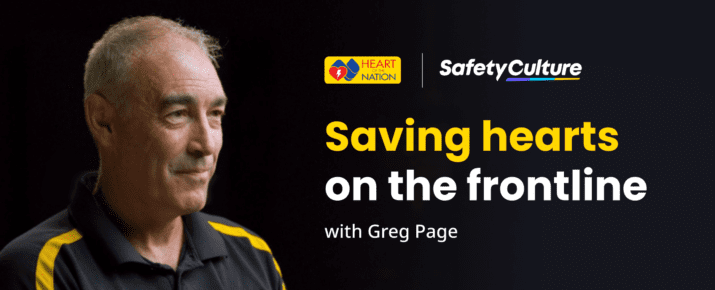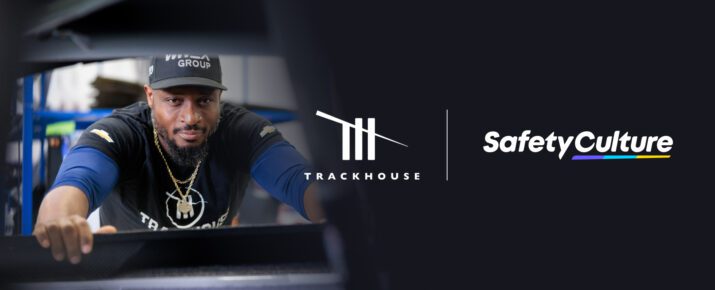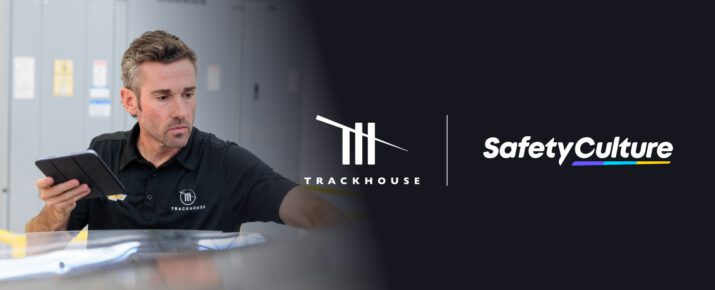The Improvement Specialists: Meet the team behind tennis player Thanasi Kokkinakis
Ask The Experts | Moments That Matter | By | 25 Jan 2023 | 5 minute read
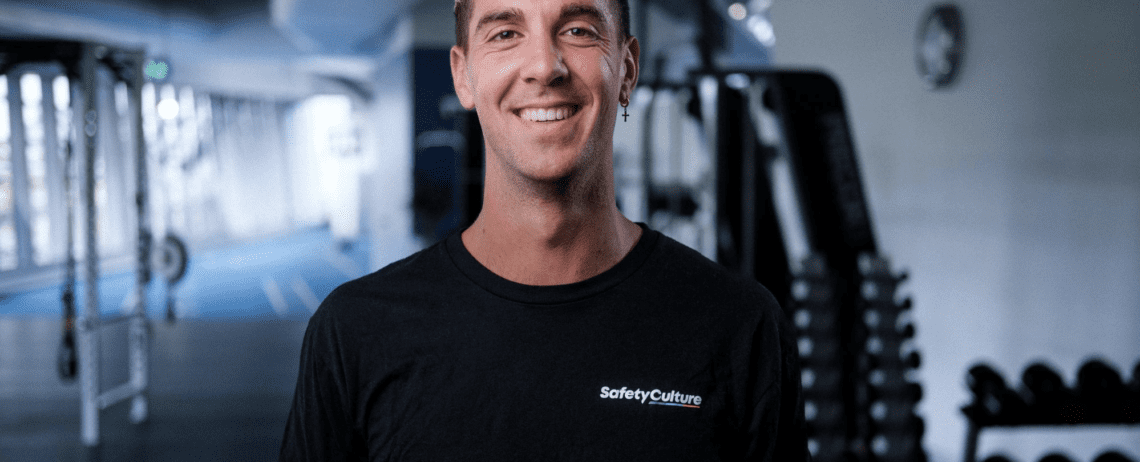
Momentum is built on preparation. Not just by the athletes themselves, but the teams that back them. Behind every athlete is a small army of improvement specialists — the coaches, physios, friends and family that support their rise to success and keep them pushing to be better every day. It’s this work behind the scenes that unlock’s an athlete’s potential for more. And no one knows this more than tennis star Thanasi Kokkinakis.
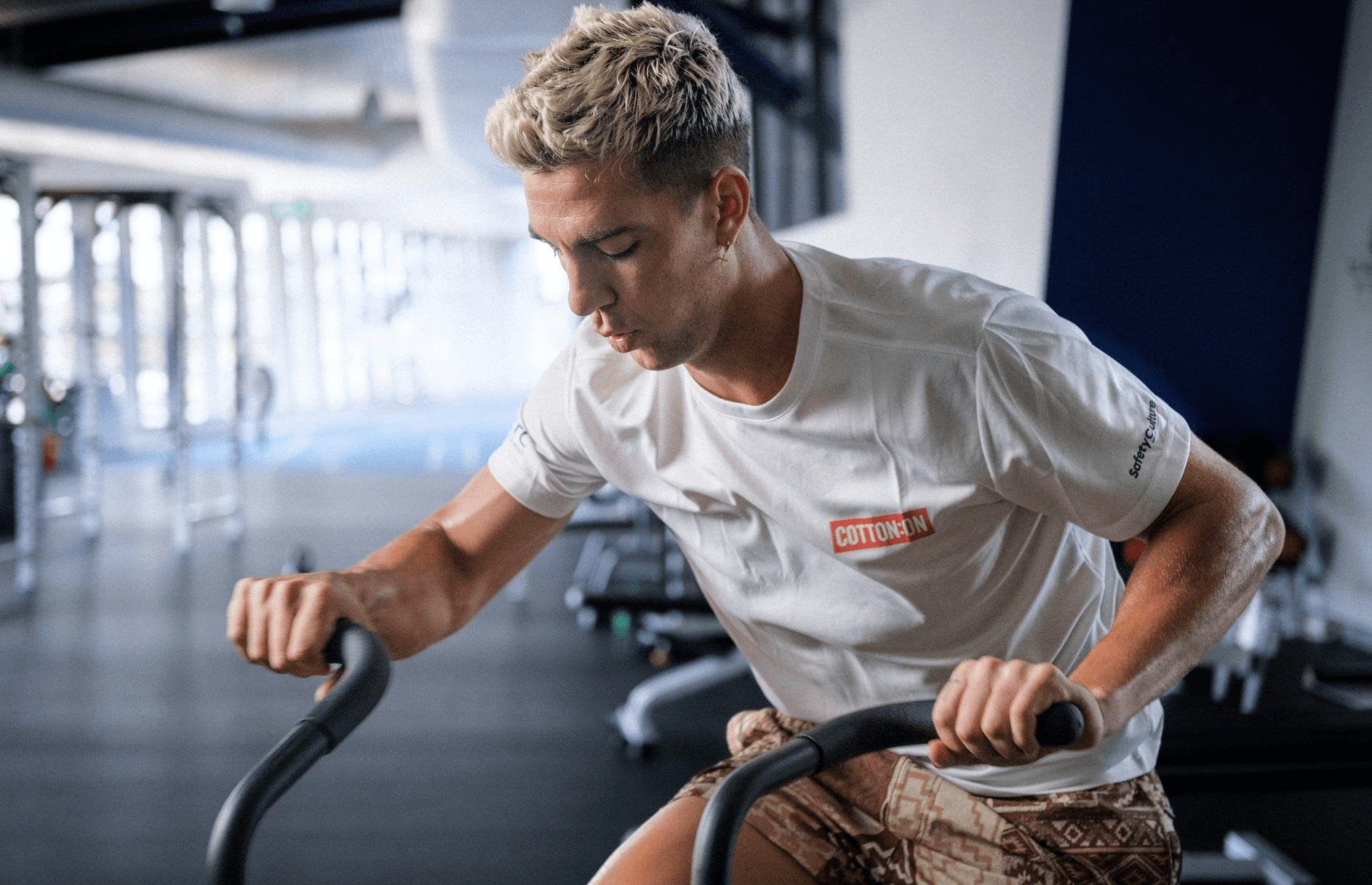
After putting his best foot forward at the Australian Open in 2021, we couldn’t be prouder of our sponsorship of Thanasi. In training for AO23, we’ve helped him build out his coaching team with an expert mindset coach and the continued support of a strength and conditioning specialist.
So, what are those everyday improvements that lead to career-making milestones at one of the greatest spectacles in tennis? We chatted with Todd Langman, Thanasi’s coach, and Jona Segal, his strength and conditioning specialist, to find out.
What is your role on Thanasi’s team?
Jona: Thanasi and I started working together about 6 weeks prior to the Australian Open in 2021. I take care of physical preparation and recovery — this encompasses load management, exercise prescription, and nutrition and hydration plans.
Todd: I have been coaching Thanasi since he was 7 years old. It has been a long journey, full of ups and downs, but I wouldn’t change a thing.
What does improvement look like to you?
Jona: Improvement looks like the ‘want’ to improve, the desire to work on those areas that you’ve identified of needing improvement and the ability to be patient, consistent and persistent with the practice of those areas regardless of perceived barriers or setbacks.
Todd: Every time we step foot on court, we are looking at ways to get better, whether the focus is on better movement, fitness, flexibility, ball striking or serving. There will always be setbacks, so long as we take one or two steps forward, we are in good shape.
What are some of the things that go on behind the scenes that Tennis fans wouldn’t realize go into preparing for a grand slam?
Todd: Travel. It’s hard. People at home only get to see the glitz and glamour. The daily struggle of living out of a suitcase, traveling state to state, country to country, leaving friends and family behind! It’s bloody tough. Playing matches is such a small part of what we do — weights, recovery, movement, nutrition, and re-watching gameplay film! The list goes on…
What does an athlete need to have in order to improve?
Jona: An open mind, a willingness to be challenged (both physically and mentally) and a degree of resilience. From a physical performance perspective we are constantly trying to improve movement efficiency and overall conditioning. This means putting Thanasi in environments where he is out of his comfort zone, whether that be because he is learning a new movement pattern that does not feel natural yet or being physically stressed because of a demanding workload or intensity but knowing that the repeated practice and exposure to these things will ultimately lead to an improved version of himself.
When working with a professional athlete, it can be those small micro improvements that can have big impact – how do you identify, and work on those things with Thanasi?
Todd: We all know Thanasi has talent! So, for him it is always the little things that either make or break him. Tennis is brutal. One point here or there can cost you a match.
Jona: We will always try and surround Thanasi with objective measures which reinforce his improvement. This may be from a recurring fitness test, a body composition measurement, a strength test in the gym or even the number of sessions he is able to complete in a block. Due to the highly competitive nature of professional sport it is also important for us to see if the program we are implementing is as effective as we think/hope when we are implementing it, so having numbers which we can compare and contrast helps provide us with important feedback too so that we can ensure we are heading in the right direction.
How do you deliver feedback to help Thanasi level up his game?
Jona: We will often debrief post-session or match in a very open and honest way. One of the strengths of our team is that everyone has a platform to put forward their thoughts and similarly everyone has the opportunity to challenge or be challenged in a very supportive environment, never losing sight of our key role which is supporting the athlete.
What are some of the biggest challenges working with a professional athlete? What are the pressures and how do you deal with them?
Todd: External pressure is always the hardest. When you win its easy, but when you lose everyone has an opinion and wants to kick you when you’re down. We try our best to focus on what we can control and block out all that noise. We trust our process.
Jona: The biggest challenge is definitely managing a loss, closely followed by periods of lower motivation. We always try to keep things in perspective and try to ensure that we have options up our sleeve to shift the focus away from tennis, even if this is only short lived.
Tennis can look like a solitary sport from the outset — how does teamwork play a part in success?
Jona: There are so many interlinking elements that are required to give an athlete an opportunity to be successful and these require collaboration from all the people involved in supporting the athlete, in addition to the athlete themselves. The ability to bring together the collective brainpower, experiences and insights from our team helps provide an environment that best supports Thanasi and hopefully help give him the best opportunity to succeed in a highly competitive environment.
The tennis calendar is demanding. How do you manage being “on” 24/7?
Todd: It is hard to be full gas 24/7. It is important to maximise down time be able to enjoy life and clear his mind. But we still have a job to do.
Jona: We lean heavily on each other and our families for support. There are times where some of us will be doing it a little tougher than others and it will be during these periods where someone will make the extra effort to bring some additional energy or do something to actively try and boost the mood of the team. The reality is it’s normal to have flat spots over the course of a campaign, but the ability to move out of these quickly is key.
What does it mean to you to see Thanasi get those wins on court?
Jona: It’s awesome for our whole team whenever we see Thanasi have a win. However we always try and remain level so the highs are never that high but as a result the lows are never that low.
The Australian Open is bigger and better than ever with SafetyCulture as its official Workplace Operations Partner. Here’s how it all comes together to bring you the event of the summer!
Important Notice
The information contained in this article is general in nature and you should consider whether the information is appropriate to your specific needs. Legal and other matters referred to in this article are based on our interpretation of laws existing at the time and should not be relied on in place of professional advice. We are not responsible for the content of any site owned by a third party that may be linked to this article. SafetyCulture disclaims all liability (except for any liability which by law cannot be excluded) for any error, inaccuracy, or omission from the information contained in this article, any site linked to this article, and any loss or damage suffered by any person directly or indirectly through relying on this information.
